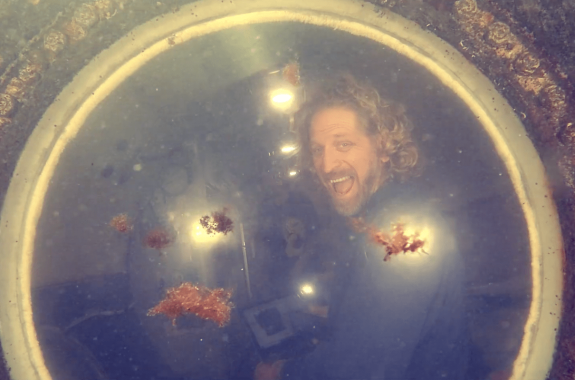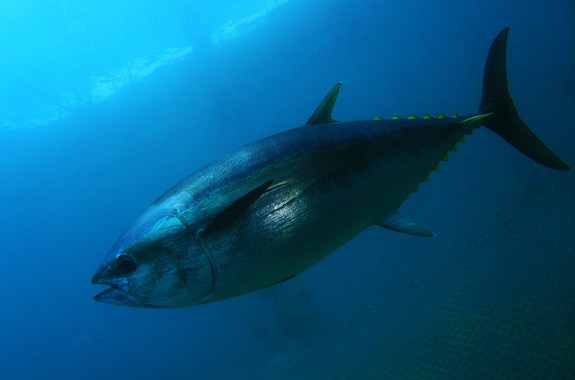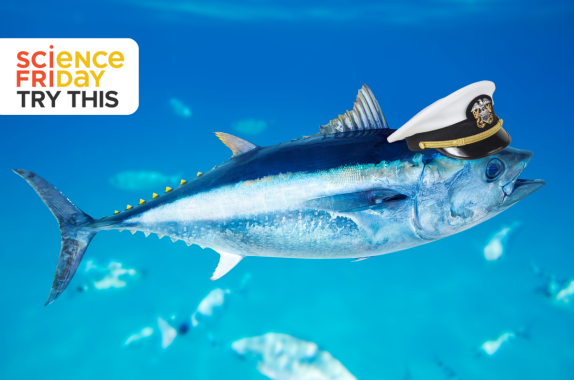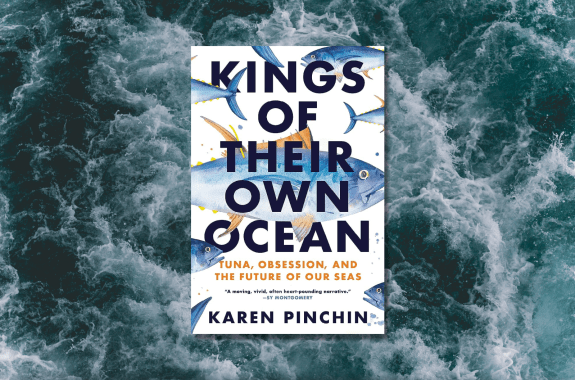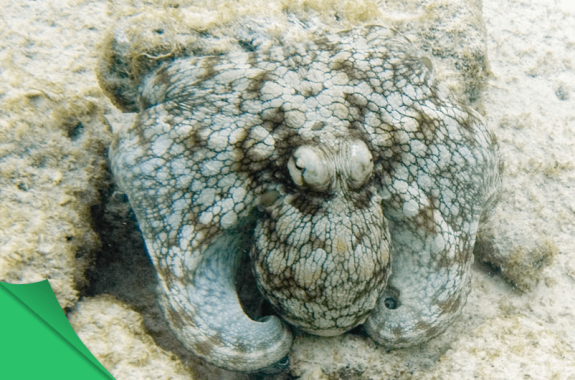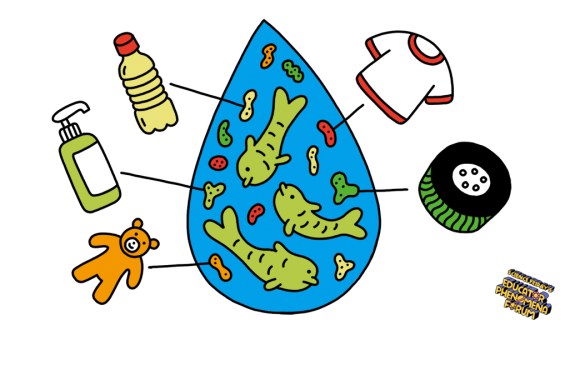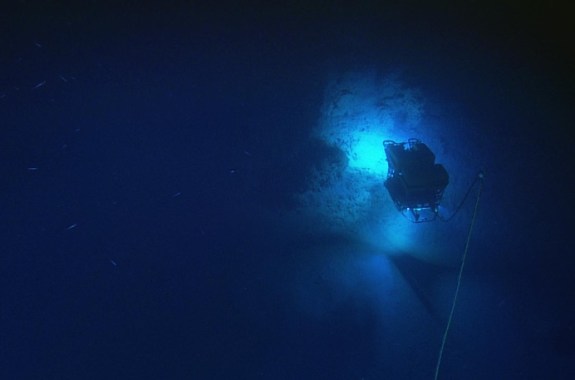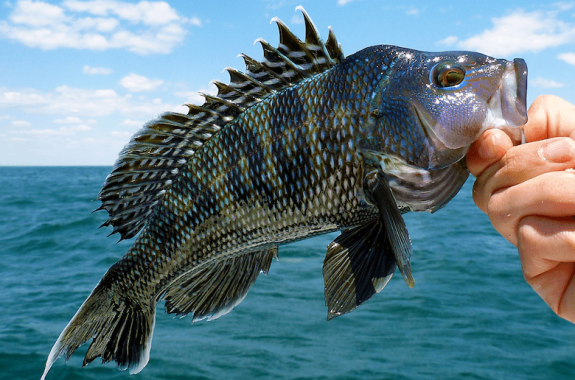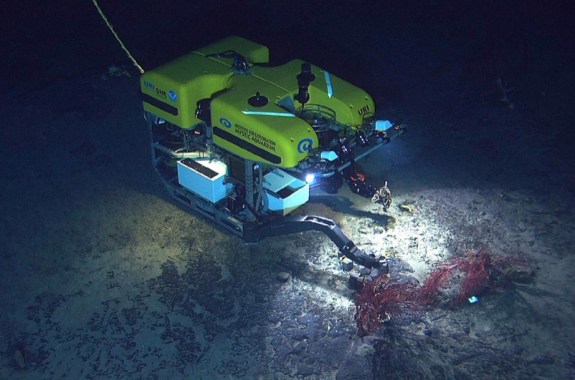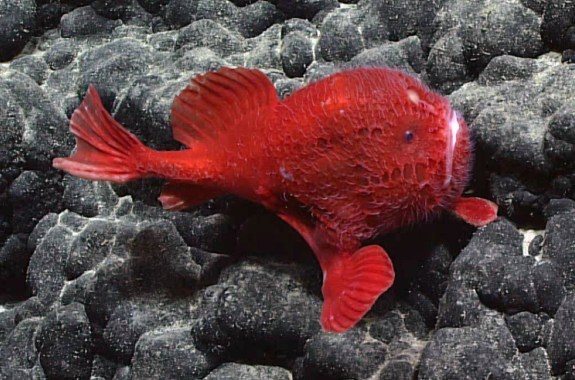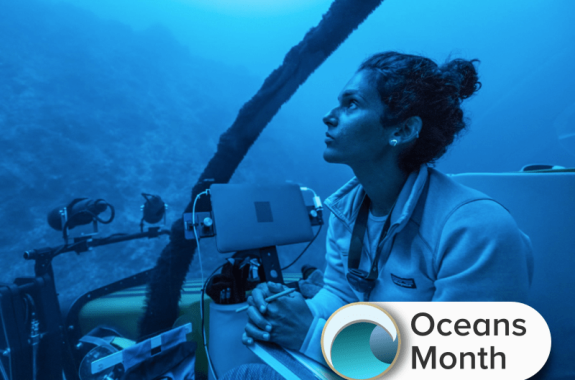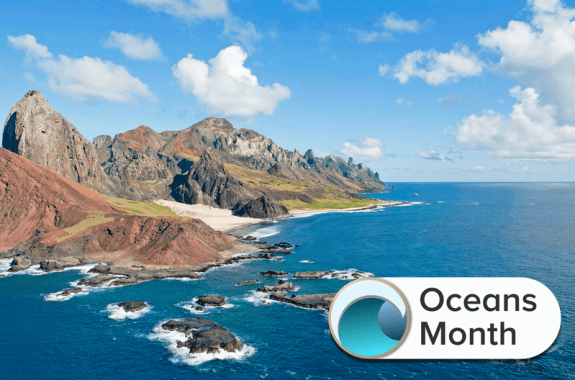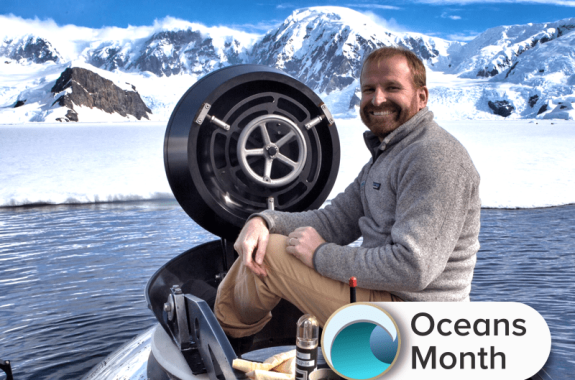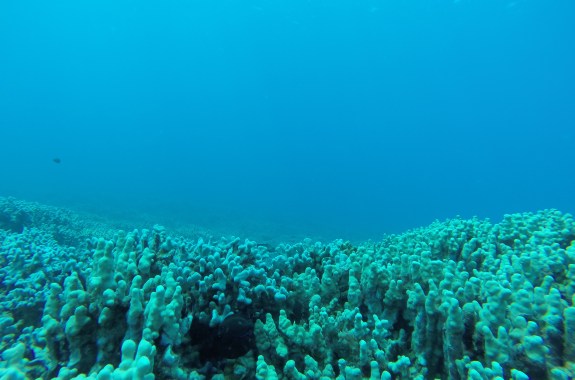Dive in!
11:52
The Oceans Are Getting Hotter—And Greener
It’s not just your imagination: the ocean has changed color in the past twenty years.
17:22
The Rising Tide Against Deep Sea Mining
A recent global meeting of the International Seabed Authority to develop a treaty for the world’s oceans floors adjourned without a decision.
22:14
A Scientist’s Catalog Of 100 Days Under The Sea
Former US Navy diving instructor Joe Dituri shatters records for time underwater in the name of science.
16:51
A Tuna’s Reel Life Adventures
Science journalist and the author of a new book talks about her research into a mighty fish nicknamed Amelia, and the recovery of fishery.
Tracking Tuna: How Do Behavior And Environment Interact?
Researchers track tuna fish across the ocean. What do they hope to learn and how can you use the same science to make your day better?
Bluefin Tuna Help Tell The Story Of Our Oceans
For 3,000 years, demand for bluefin tuna has existed in uneasy balance with its natural ability to reproduce and thrive.
16:57
When ‘Nope’ Needed Aliens, Director Jordan Peele Looked To The Ocean
(Spoilers abound!) Jordan Peele’s film ‘Nope” used inspiration from the oceans to make its new creature.
Cephalopod Camouflage: A Beauty That’s Skin Deep
It’s a rock, it’s seaweed, it’s an…octopus? Using this hands on activity, learn how crafty cephalopods are well adapted to hide in an ocean full of predators.
8:02
The World’s Oceans Are Overflowing With Plastics Pollution
Researchers estimate that between 4.8-12.7 million metric tons of plastic leaked into the ocean in 2010.
How Do We Keep Microplastics Out Of The Ocean? Filtration, Naturally.
Model a bioretention cell! Experiment to understand how microplastics are getting in the ocean—and the ocean food chain.
12:21
Oceans Act As the World’s Thermostat
Global temperatures hit a plateau at the turn of the 21st century. Now researchers say they’ve discovered where that missing heat was hiding: in the oceans.
High Pressure In The Deep Ocean
Pressure is a huge challenge for deep ocean explorers. Learn how pressure changes with depth and explore its effects on compressible solids in this series of experiments, demonstrations, and real-life data collected aboard the E/V Nautilus.
Interpret The Impacts Of Rising Ocean Temperatures On Ecosystems
Where do fish go when the water gets warm? It depends on the species.
ROVs: The Swiss Army Knife Of The Ocean
These versatile machines keep deep sea explorers above water where it’s safer, but is operating an ROV really just like operating a big remote control car?
Looking For Life In The Deep Ocean: An Engineering Challenge
How would you look for life in the deepest, darkest parts of the ocean? Get ready to investigate and invent as you search the seas.
34:25
How Seafaring Scientists Are Mapping The Deep
Scientists are discovering new species nearly everywhere they look in the deepest parts of the ocean. Two of them make a case for why this remote habitat is worth our close attention.
4:50
Marine Habitats Are Protected—But Are They Effective?
Ten percent of the world’s oceans are on track to be protected by 2020. But do they need to be?
Meet A ‘Blue Planet’ Sub Pilot
From the first filming of a live giant squid to underwater lakes, Buck Taylor has seen it all.
7:08
Reeling In the Coral Reef Soundscape
Marine animals use coral reefs sounds to find suitable habitat.
10:58
Ocean Liner SS United States Will Become An Artificial Reef
The ship will join Florida’s 4,300 artificial reefs—human-made places for fish and other marine life to live. How do these reefs work?


